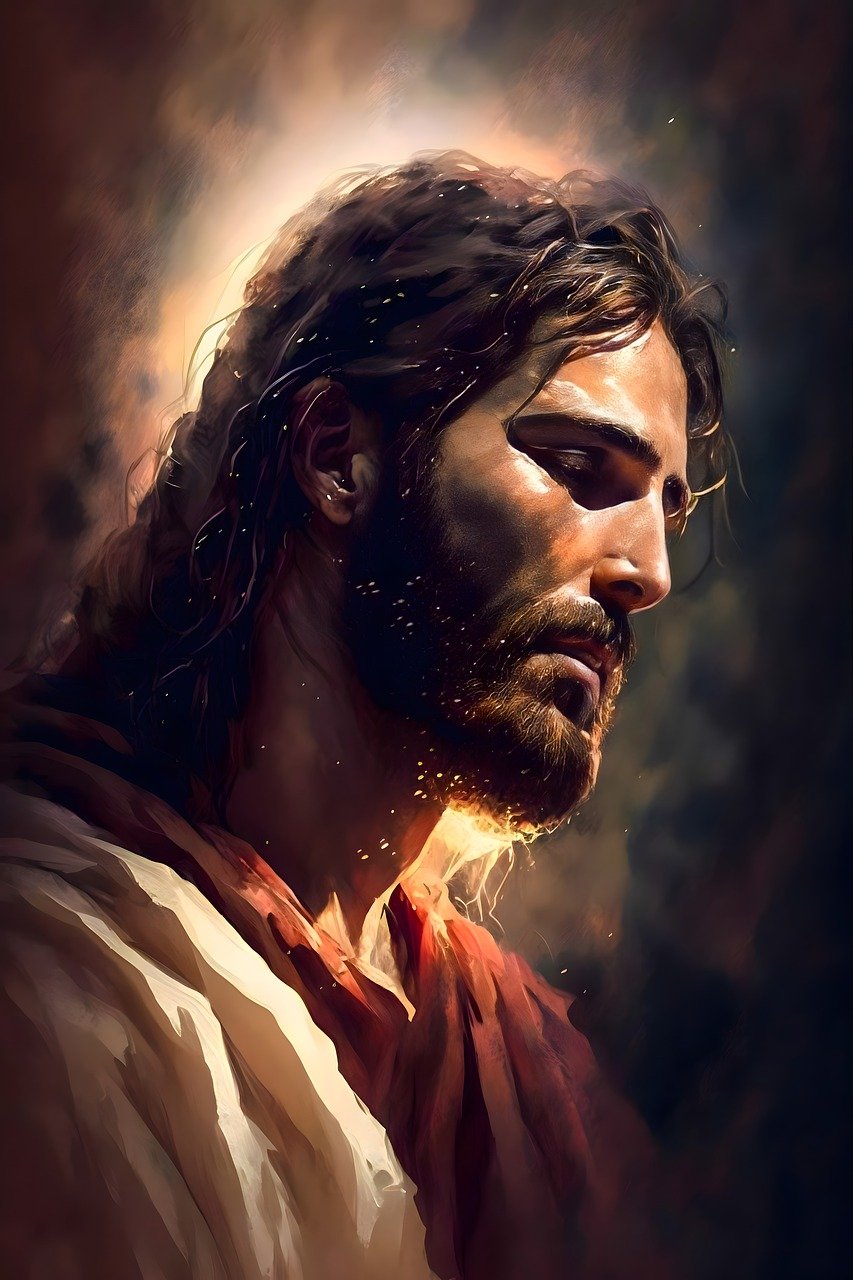Ezekiel 27: A Lament for Tyre and a Symphony of Grace
Ezekiel 27 unfolds like a mournful ballad, a lament for the once-magnificent city of Tyre. Through vivid imagery and poetic language, the prophet paints a portrait of a maritime empire teetering on the precipice of ruin. Tyre, a glittering jewel in the crown of the ancient world, renowned for its bustling trade, cunning merchants, and formidable walls, faces imminent destruction at the hands of Nebuchadnezzar.
But Ezekiel’s prophecy transcends mere historical foretelling. It becomes a powerful allegory for the fleeting nature of earthly riches and the deceptive allure of self-sufficiency. Tyre, in its hubris, mistook its own ingenuity for divine favor, its wealth for an unshakeable shield against adversity. This pride, however, becomes the city’s undoing, echoing the warnings Jesus issued against idolatry and the pursuit of material treasures.
Tyre, the Enchantress of the Seas:
The prophet describes Tyre as a “ship that goes on the high seas” (Ezekiel 27:1), its sails adorned with the finest linen, its oars crafted from precious wood. Its merchants, like skilled sailors, navigate the treacherous waters of commerce, amassing riches from every corner of the known world. This imagery resonates with Jesus’ parable of the talents (Matthew 25:14-30), where the parable warns against burying one’s gifts and neglecting their potential. Tyre, like the unfaithful servant who hid his talent, hoards its wealth, failing to recognize that true prosperity comes from serving a higher purpose.
#Ezekiel27, #LamentForTyre, #EarthlyRiches, #SelfSufficiency, #DivineWarning, #NebuchadnezzarsSiege, #Allegory, #JesusWarnings, #MaterialWealth, #ParableOfTalents, #PrideAndHumility, #Arrogance, #SymphonyOfGrace, #HopeAndRestoration, #KingdomOfGod, #HumanChoices, #CautionaryTale, #GodsLoveAndGrace, #Transformation, #Reflection
The Price of Pride:
Despite its impressive trade network and seemingly impregnable defenses, Tyre’s foundation rests on shifting sands of pride. The city boasts, “I am perfect in beauty,” mistaking its own magnificence for divine favor (Ezekiel 27:3). This echoes Jesus’ warnings against self-exaltation and the dangers of placing oneself above God (Matthew 23:12). Tyre’s arrogance becomes its undoing, attracting the jealous eye of Nebuchadnezzar, who descends upon the city like a storm, shattering its walls and plundering its riches.
The Symphony of Grace:
Yet, amidst the lament for Tyre’s fall, a melody of hope emerges. Though the city faces destruction, God’s grace is not extinguished. He declares, “After many days you shall be inhabited again, O city that is forsaken by the sea” (Ezekiel 27:36). This promise echoes Jesus’ message of redemption and restoration, even for those who have fallen into sin and suffering. Just as Tyre, humbled by its fall, may find new life, so too can humanity, through repentance and faith, experience the transformative power of God’s love.
Beyond Tyre’s Walls:
Moreover, Tyre’s potential restoration points towards a broader hope for the renewal of all creation. The city, once a symbol of earthly wealth and power, can be transformed into a beacon of God’s grace and justice. This resonates with Jesus’ vision of the Kingdom of God, a realm where earthly distinctions fade away and all people, regardless of their origins, are welcomed into the embrace of God’s love.
A Choice for All:
Ezekiel 27 offers a stark choice: cling to the fleeting pleasures of this world and face inevitable destruction, or humble oneself before God and embrace the enduring promise of his grace. Tyre’s fate serves as a cautionary tale, reminding us that even the most formidable empires are not immune to the consequences of pride and self-sufficiency. However, it also offers a glimmer of hope, a promise that even in the ashes of destruction, God’s love can bring forth new life.
Ultimately, Ezekiel’s lament for Tyre resonates with the teachings of Jesus, offering a profound reflection on the human condition and the eternal struggle between pride and humility, self-reliance and divine dependence. It invites us to contemplate the true source of our worth and the enduring promise of God’s grace, a grace that transcends earthly boundaries and offers hope for a future where all creation is restored to its rightful place under the reign of love and justice.



